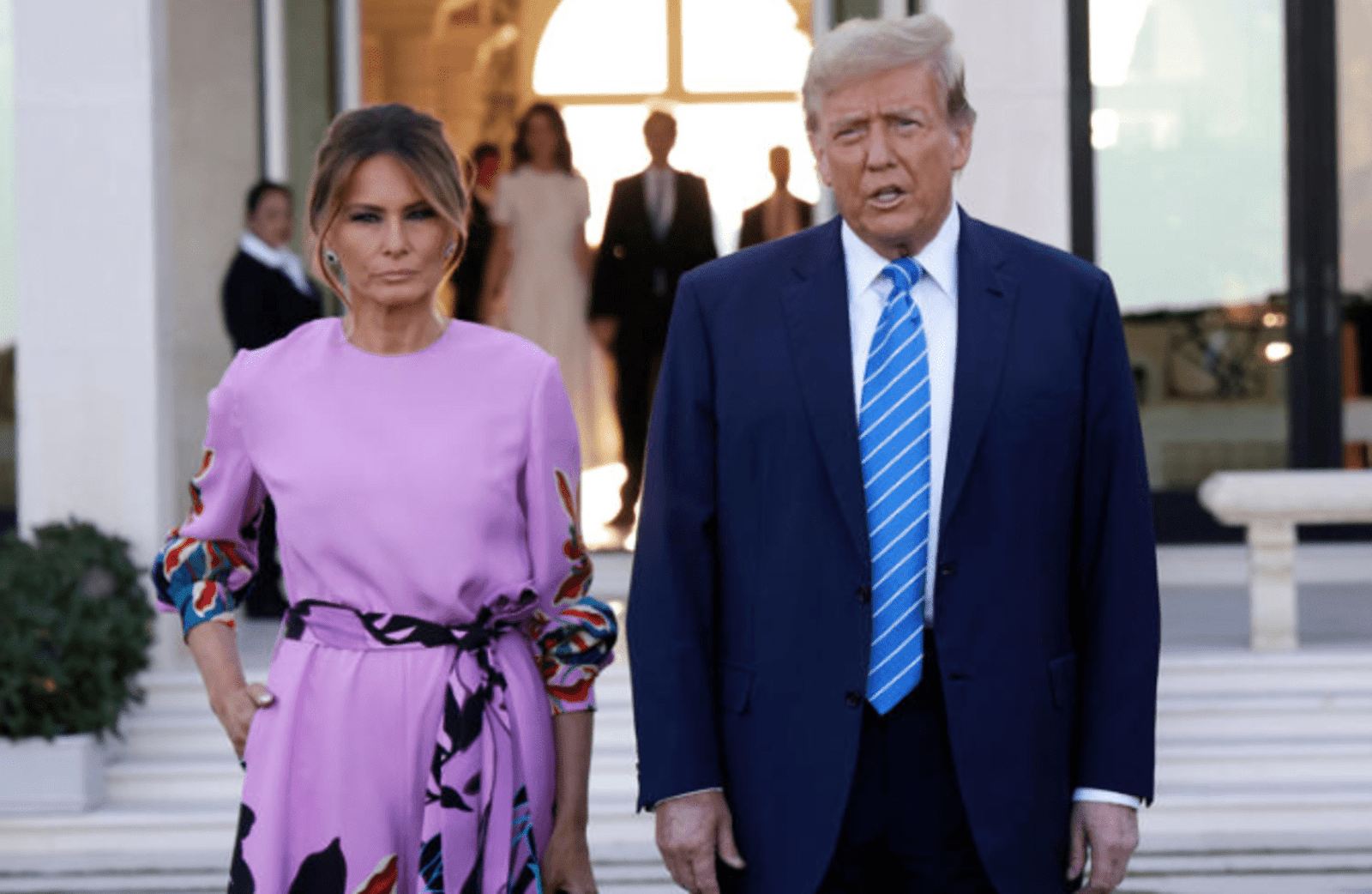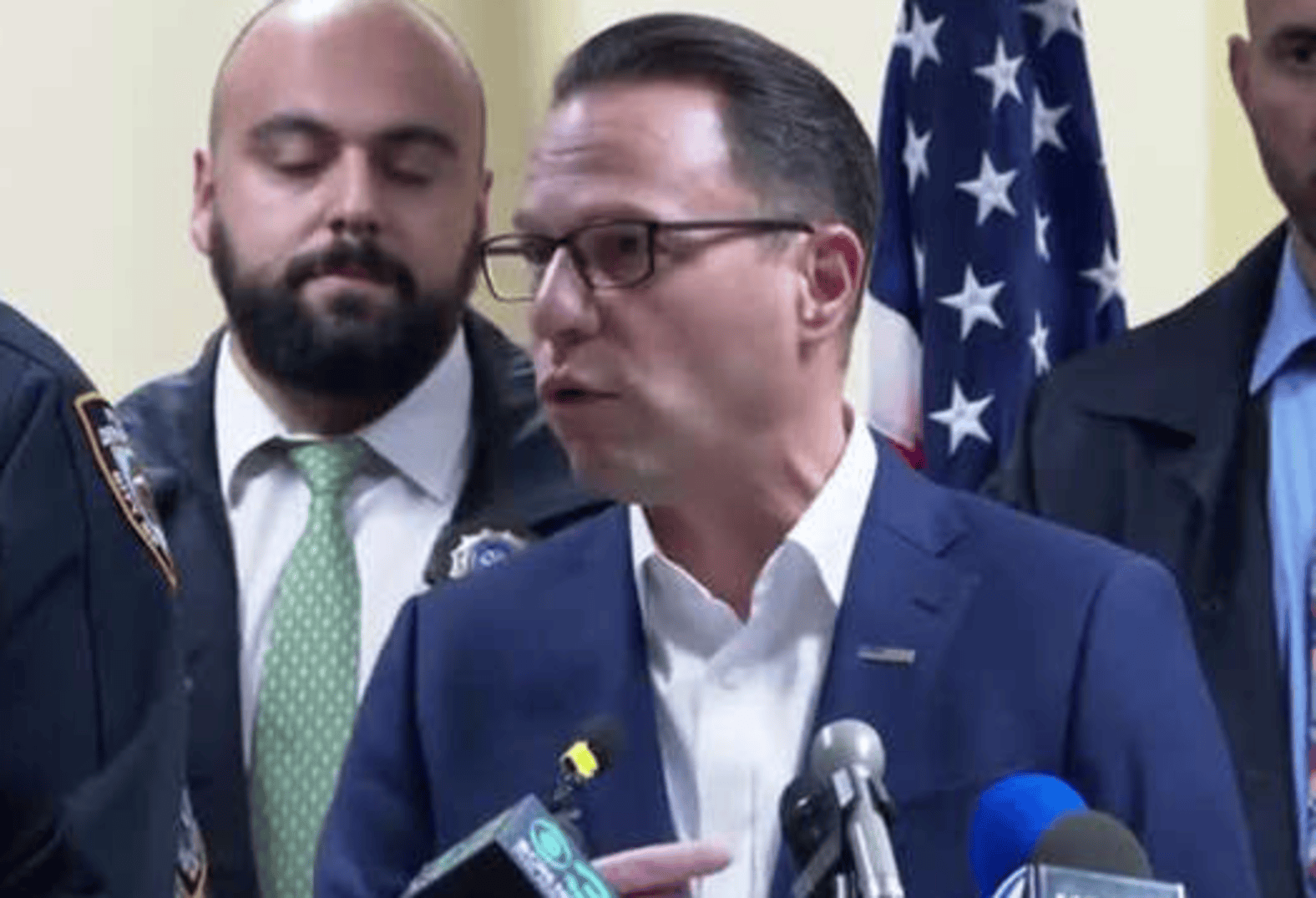
Trump’s Policies Up for Bid: White House for Sale. Donald Trump is Auctioning Policies for a Second Term: The White House is Up for Sale to the Highest Bidders
Donald Trump is gearing up for a potential second term. He is ready to sell his policies. He invites the highest bidders. The 2024 campaign is underway, and Trump is rallying support. Trump’s Policies Up for Bid: White House for Sale
A Market of Influence
Political influence has always had a price. Trump’s approach is more direct. Wealthy donors can expect access. Policies may align with their interests. This tactic is not new, but Trump embraces it openly.
Big Money, Big Promises
Substantial donations back Trump’s campaign. These donations often come with expectations. Policies on taxes, regulations, and foreign trade are up for discussion. Billionaires and corporations are listening. They want to secure their interests. Trump’s openness to financial influence is clear.
The Power of the Purse
Campaigns are expensive. Trump’s 2024 bid is no exception. Money is flowing in from various sources. Super PACs play a significant role. Wealthy individuals are ready to invest. They see potential returns in policy changes. The highest bidders gain the most influence.
Policies on Sale
Specific policies are on the table. Deregulation of industries is another. Some people are discussing trade policies that favor large corporations. Additionally, there is a possibility of environmental regulations being relaxed. Each policy aligns with donor interests.
The Role of Super PACs
Super PACs are pivotal in Trump’s campaign. They raise unlimited funds. These funds support advertising and outreach. They also create a direct line to the candidate. Major contributors have more sway. Their preferences shape the campaign’s focus.
Access to the Candidate
Wealthy donors enjoy direct access to Trump. This access translates into influence. Policy decisions can reflect their wishes. Private meetings are common. Discussions revolve around mutual benefits. Donors’ interests often align with policy changes.
Ethical Concerns
Selling policies raises ethical questions. Democracy is meant to serve the public. When money dictates policy, public trust erodes. Transparency is called into question. Voters wonder who truly benefits.
Historical Context
Money has influenced politics for centuries. Trump’s approach is more overt. Previous administrations faced similar accusations. However, the blatant exchange of policies for money is striking. The modern political landscape is shaped by financial power.
Impact on Voters
Voters are aware of the influence of money. They see policies that favor the wealthy. This awareness can breed cynicism. Some voters feel their voices are being drowned out, while others are driven to vote for change.
The Future of Campaign Finance
Trump’s approach could set a precedent. Future campaigns may follow suit. The role of money in politics may grow. Campaign finance reform is a potential response. Stricter regulations could limit financial influence. The debate over money in politics will continue.
A Complex Reality
The intersection of money and politics is complex. Trump’s campaign highlights this reality. Wealthy donors seek to protect their interests. Policies are shaped by financial contributions. This dynamic is a staple of modern campaigns. Understanding it is crucial for informed voting.
Conclusion
Donald Trump’s 2024 campaign is a marketplace. Policies are available to the highest bidders. Wealthy donors enjoy significant influence. This reality shapes the political landscape. Voters must navigate this complex terrain.
Trump’s candidacy is emblematic of a broader trend. Money’s role in politics is undeniable. How this trend evolves will be closely watched. The intersection of wealth and policy is a critical issue.







